Home > Thematic Areas
GIFSEP focuses on tackling climate change through advocacy, education and promoting renewable energy access to vulnerable communities.
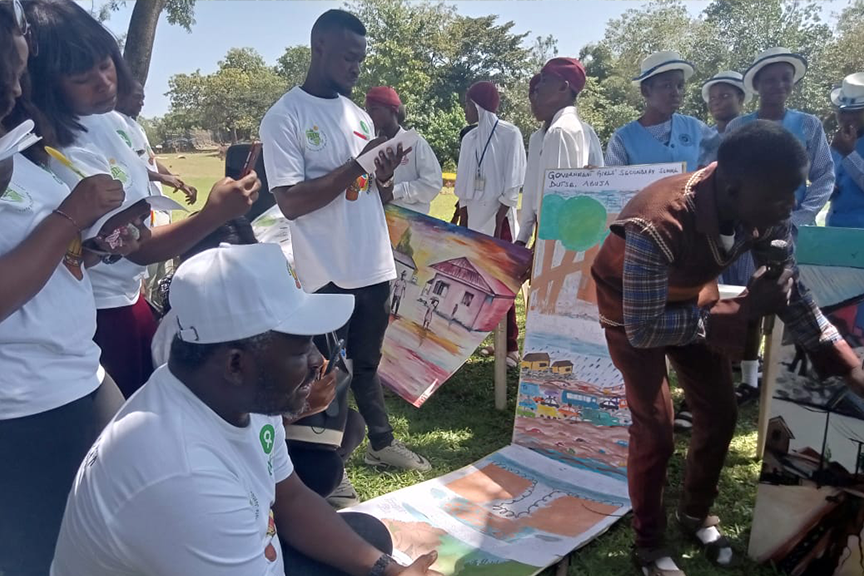
Climate change impacts are widespread, rapid and intensifying globally, with reports suggesting that it will only get worse if immediate actions are not taken to reduce global emission levels before 2030. Unfortunately, the African continent is already bearing the brunt of these impacts due to its nearly total dependent on its rapidly depleting natural resources for livelihood. Consequently, communities’ quest to survive in the face of dwindling natural resources such as land and water, have triggered and proliferated conflicts and food insecurity challenges in the region. Many communities have been left desolate and the people destitute with a constant countenance of despair. However, this narrative is often neglected or completely ignored in the global conversation about climate change and its impacts.
We are changing this narrative by empowering African communities to tell their stories unequivocally and in the most compelling way.
Humanity have survived its most difficult times by the quality of knowledge and information at its disposal. At a time when the world is beginning to grapple with climate change impacts that affects our health and food security, sufficient knowledge and information is a necessity. We, therefore, are constantly bridging the knowledge gap by researching and publishing relevant materials for climate advocacy and resilience building. We have published the book “Understanding Climate Change – A Guide for Senior Secondary Schools in Nigeria” among many other materials. Our research cut across climate vulnerability assessment and mapping, Climate Justice audit, project baseline studies and climate risk registers.
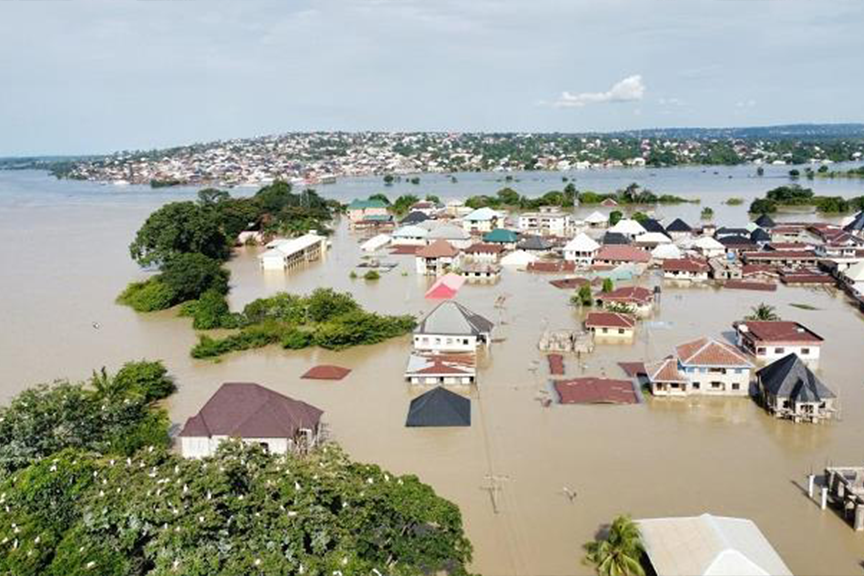
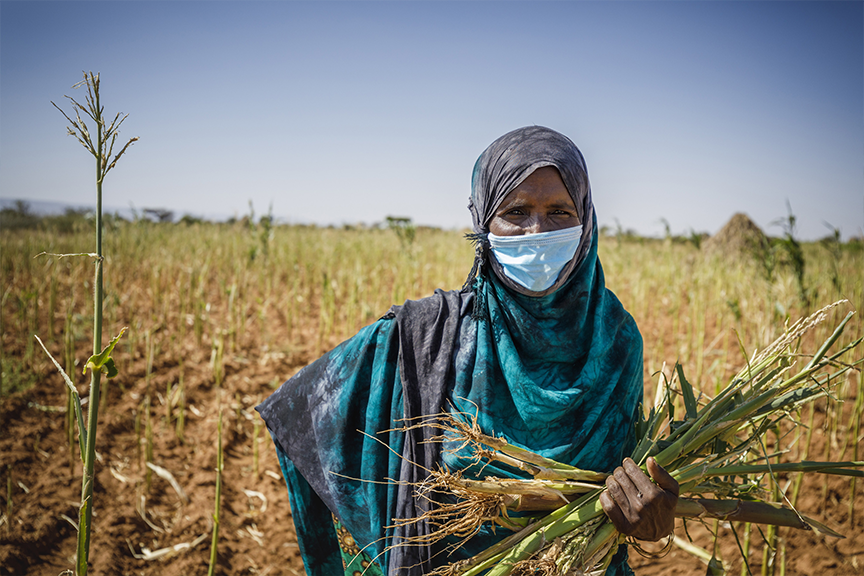
Nigeria’s food systems are in the throes of a climate crisis. From devastating droughts and desertification up North, to prevailing windstorms and pest infestation and flooding in southern Nigeria. Extreme weather is threatening crops and livestock and putting millions of Nigerians at risk for food insecurity. Although, tremendous effort has been made to increase Nigeria’s agricultural production in the last few years, the gains are derailing as a result of the impact of climate change. The evidence is crystal clear, therefore we are adapting Nigeria’s agriculture and food system to climate change by providing communities the right knowledge, skills and technology to produce high quality food without compromising the future.
We do this by promoting climate resilient agricultural practices, scoping and scaling of indigenous climate adaptation practices to enhance food production.
The challenges facing poor local and marginalized communities in Africa are multiple and complex ranging from economic crises, to environmental degradation, to natural disasters, and violent conflicts, all of which are increasing poor people’s vulnerability and posing significant challenges to securing their livelihoods. Climate change exacerbates the problem further by creating an additional layer of uncertainty and risk for vulnerable communities to deal with, increasing the severity and frequency of disasters and jeopardizing development gains made to date. If drastic warning signals and/or measures are not put in place the cost of ignoring these impacts will soon become impossible to meet.
We understand that political leaders do not inherent have the political will to take climate action but will respond to citizen’s engagement and call for climate action. Therefore we build relationships with policy makers on the basis of mutual respect and accountability to one another for the sole purpose of influencing climate action.
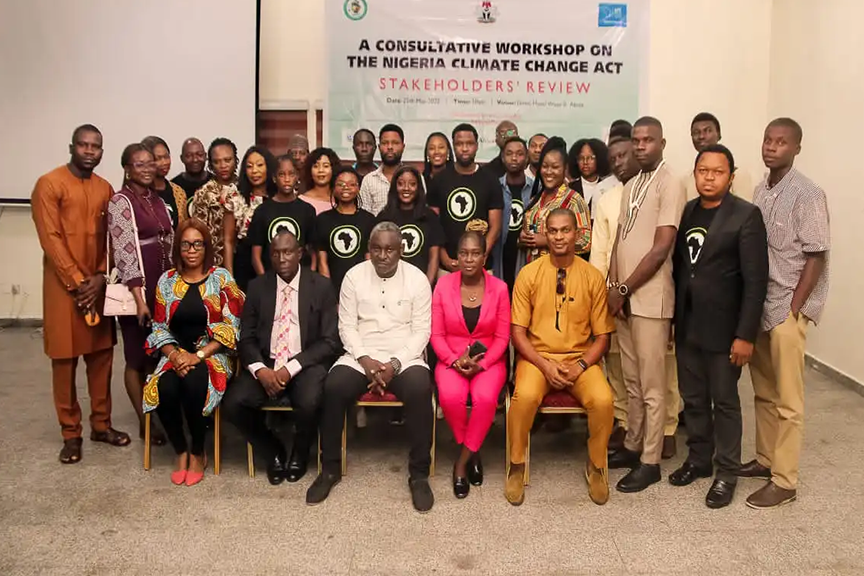
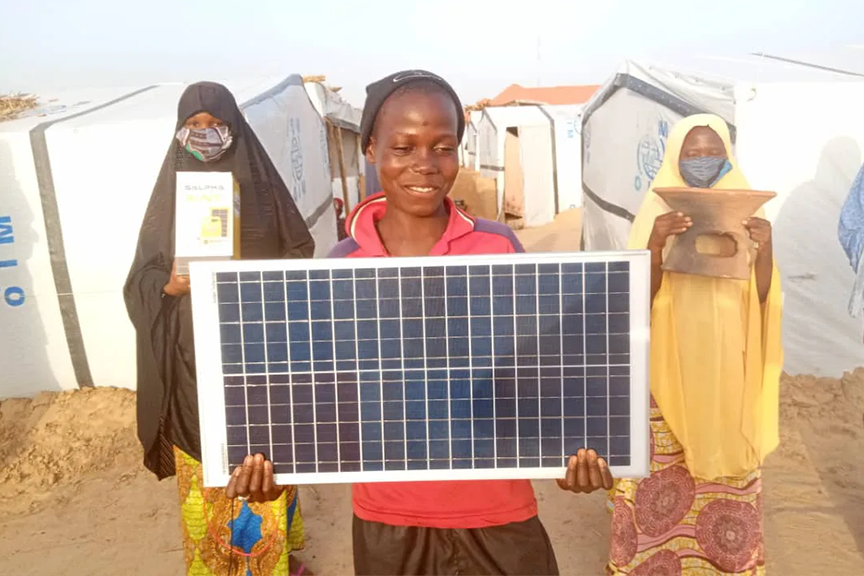
The energy sector contributes about 60% of Nigeria’s total greenhouse gas emissions and will only continue to rise if we maintain business as usual. Through, the Nationally Determined Contributions, the Government of Nigeria have made commitment to reduce this level of emission by 20% unconditionally and 47% conditionally.
However, many communities in Nigeria do not have access to energy and the relatively few people who have access, use dirty energy sources for cooking. Cooking is a fundamental part of life. It is an activity that brings families together and has cultural and social significance round the country. In many communities, solid fuels like wood and biomass are often used in traditional stoves for cooking. The use of such polluting fuels and technologies results in household air pollution, causing respiratory illnesses, heart problems and even death.
We are increasing access to clean energy of underserved communities by providing renewable energy alternatives, improve energy efficiency and improve access to clean energy for cooking.
Climate change threatens the future of young Africans who have contributed nearly nothing to the climate crisis. However, there future is at stake because of the developmental actions of generations before them. Having seen the catastrophic impacts of climate change on our communities, we are raising a new generation of environmental stewards and activists who take full responsibility for the state of their environment and lead by example in preserving the environment. They advocate, teach and nurture others to meet their needs without degrading the environment or compromising the ability of the next generation to meet their own needs. These environmental stewards are known as the Green Champions.
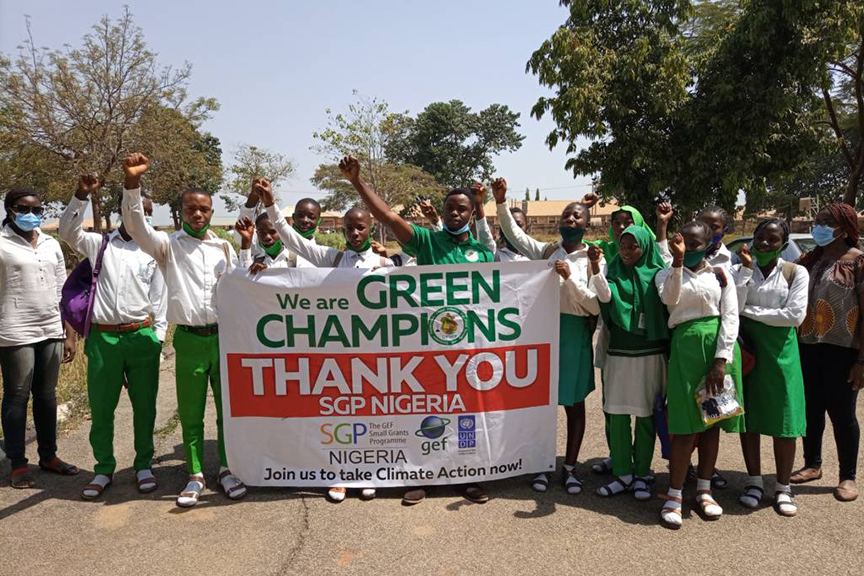
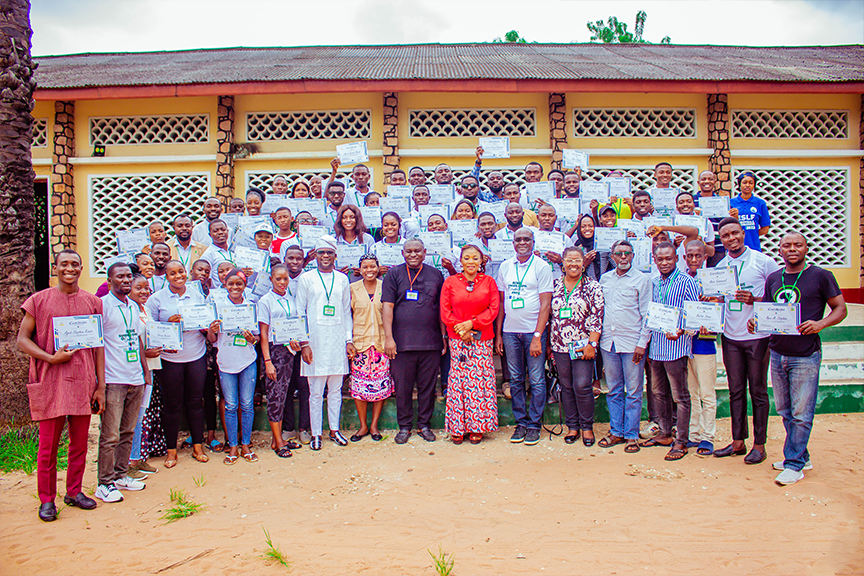
Given the nature and extent of the challenges facing humanity, it is our responsibility to take bold and brave action. We are working to create synergy amongst CSOs and CBOs in every state we work with to tackle social and climate justice across the Nation. We build connections across civil societies that transcend issues, geographies and organization types. We prioritize working through our alliance while also collaborating with new partners and allies. We facilitate connections that offer opportunities for mutual learning, partnership and collective action by leveraging 21st century technologies and approaches and share what we learn to help enhance the impact of other civil society alliances and networks.
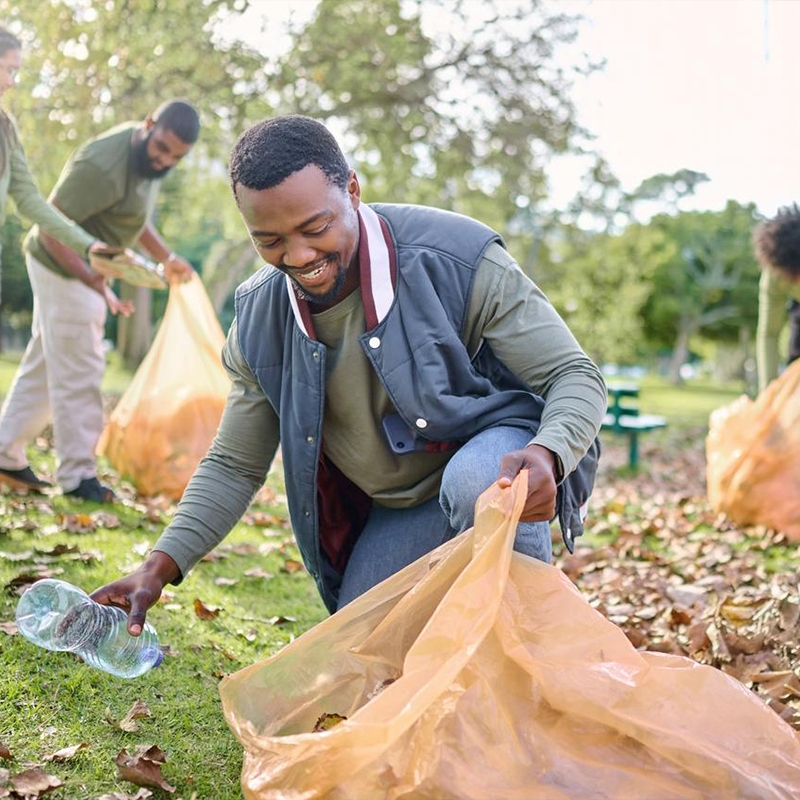
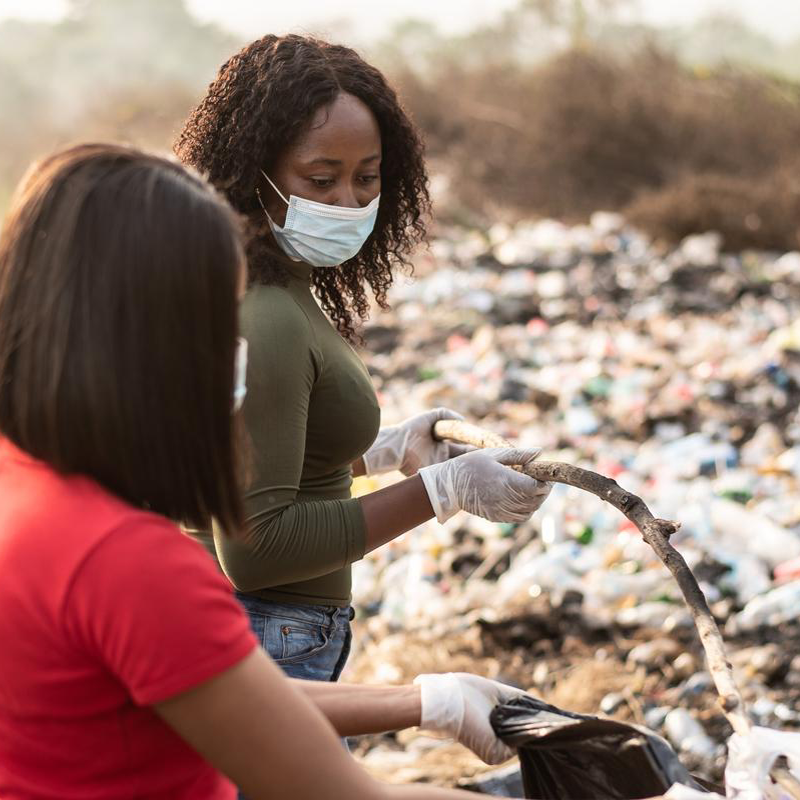
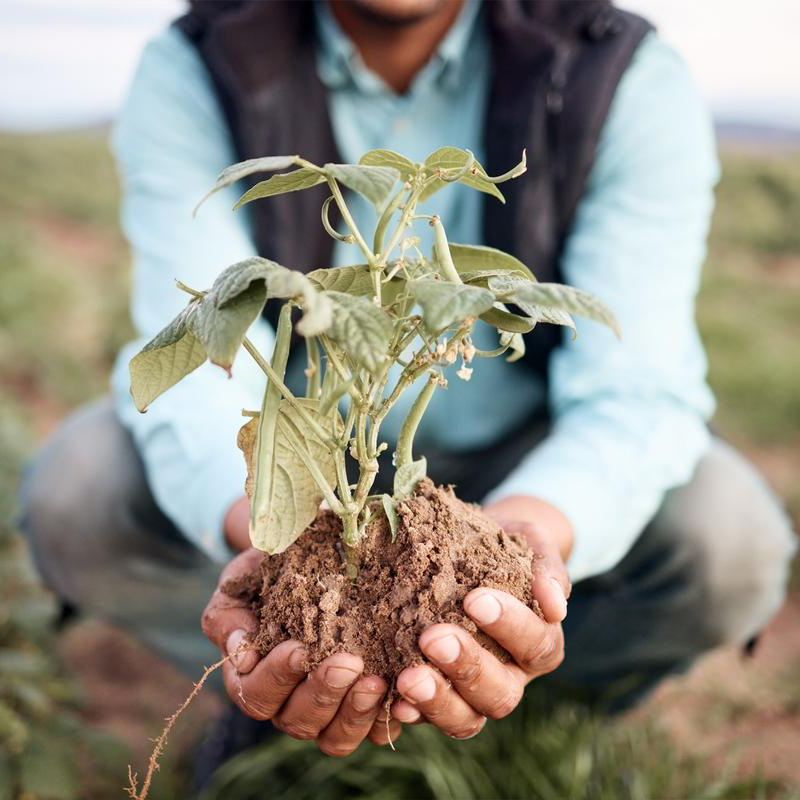
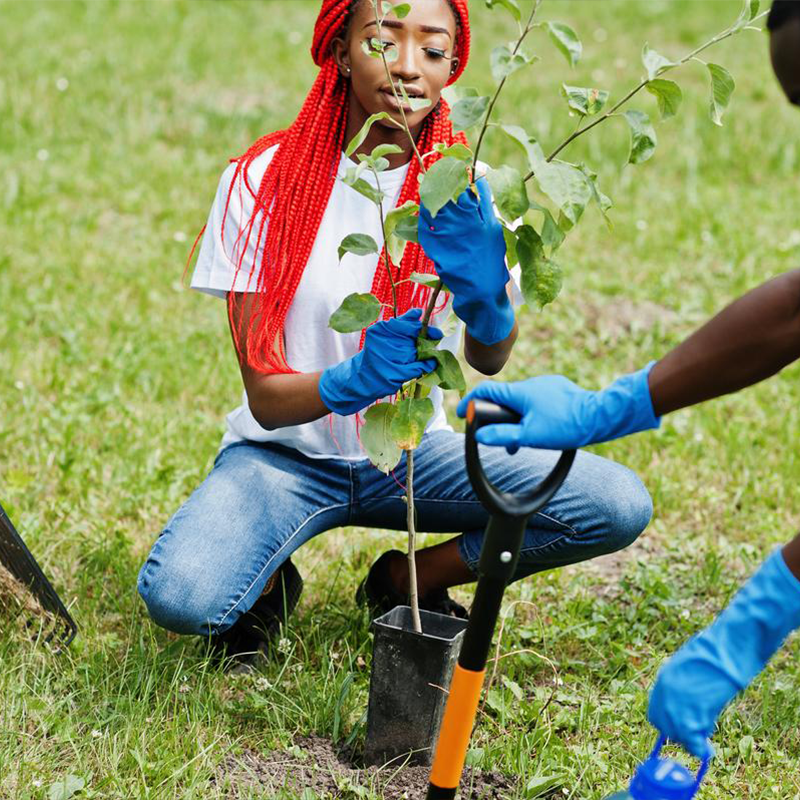
Looking to make a difference? Join our team of volunteers and help us tackle climate change through community outreach, education, and advocacy efforts.
Our esteemed partners who have bravely embarked on this transformative journey with us, united in our passion for combating climate change.











“Our planet is not just a place we live in, it's a home we share with all living creatures. Let's protect it, or else we'll be the ones that need protection.”
© 2023 GIFSEP. | Designed with ❤️ by Crempact